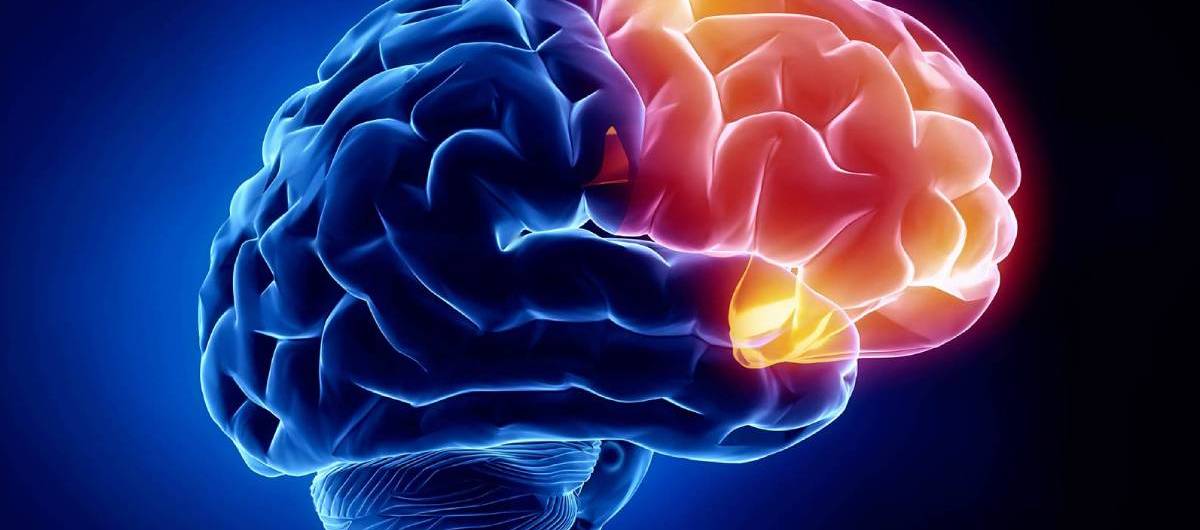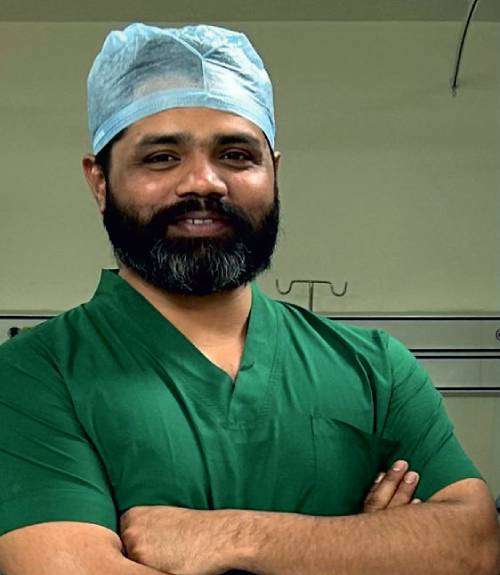Best Neurology Treatment in Rahata
Neurology is the branch of medicine concerned with the study and treatment of disorders of the nervous system. The nervous system is a complex, sophisticated system that regulates and coordinates body activities. Dr. Maid Hospital is one of the best hospitals in Rahata and the Hospital neurologist team makes the hospital the best neurological treatment center in Rahata, Ahmednagar.
It has two major divisions:
- Central nervous system: the brain and spinal cord
- Peripheral nervous system: all other neural elements, such as eyes, ears, skin, and other “sensory receptors”

What is a neurologist?
A doctor who specializes in neurology is called a neurologist. Dr. Maid Hospital neurologist team treats disorders that affect the brain, spinal cord, and nerves, such as:
- Cerebrovascular disease, such as stroke
- Demyelinating diseases of the central nervous system, such as multiple sclerosis
- Headache disorders
- Infections of the brain and peripheral nervous system
- Movement disorders, such as Parkinson’s disease
- Neurodegenerative disorders, such as Alzheimer’s disease, Parkinson’s disease, and Amyotrophic Lateral Sclerosis (Lou Gehrig’s disease)
- Seizure disorders, such as epilepsy
- Spinal cord disorders
- Speech and language disorders
When to see a neurologist?
A primary care doctor might refer someone to a neurologist if they have symptoms that indicate a neurological condition, such as:
- frequent or severe headaches
- muscle weakness
- confusion
- dizziness
- loss of coordination
- partial or complete paralysis
- sensory changes that affect the sense of touch, vision, smell, or taste
What procedures do they do?
Dr. Maid Hospital Neurologists perform a range of different tests and procedures to diagnose and treat neurological conditions. Some of these procedures include:
- Epilepsy: A neurological disorder associated with abnormal electrical activity in the brain, causing recurrent, unprovoked seizures and loss of consciousness.
- Alzheimer’s disease (and other dementias): Progressive mental deterioration that is caused by generalized degeneration of the brain.
- Stroke: A stroke occurs when a blood vessel is prevented from delivering oxygen and nutrients to the brain, due to a blood clot or rupture.
- Migraine: A severe, reoccurring headache often paired with nausea and disturbed vision.
- Multiple Sclerosis: A chronic disease involving damage to nerve cells in the brain and spinal cord characterized by numbness, speech and muscular impairment, blurred vision, and severe fatigue.
- Brain tumors: A mass of abnormal cells in the brain, leading to impaired cognitive function.
- Brain trauma: Injury to the brain from an outside force, sometimes leading to an altered state of consciousness, and permanent or temporary impairment of cognitive, physical, or psychosocial functions.



